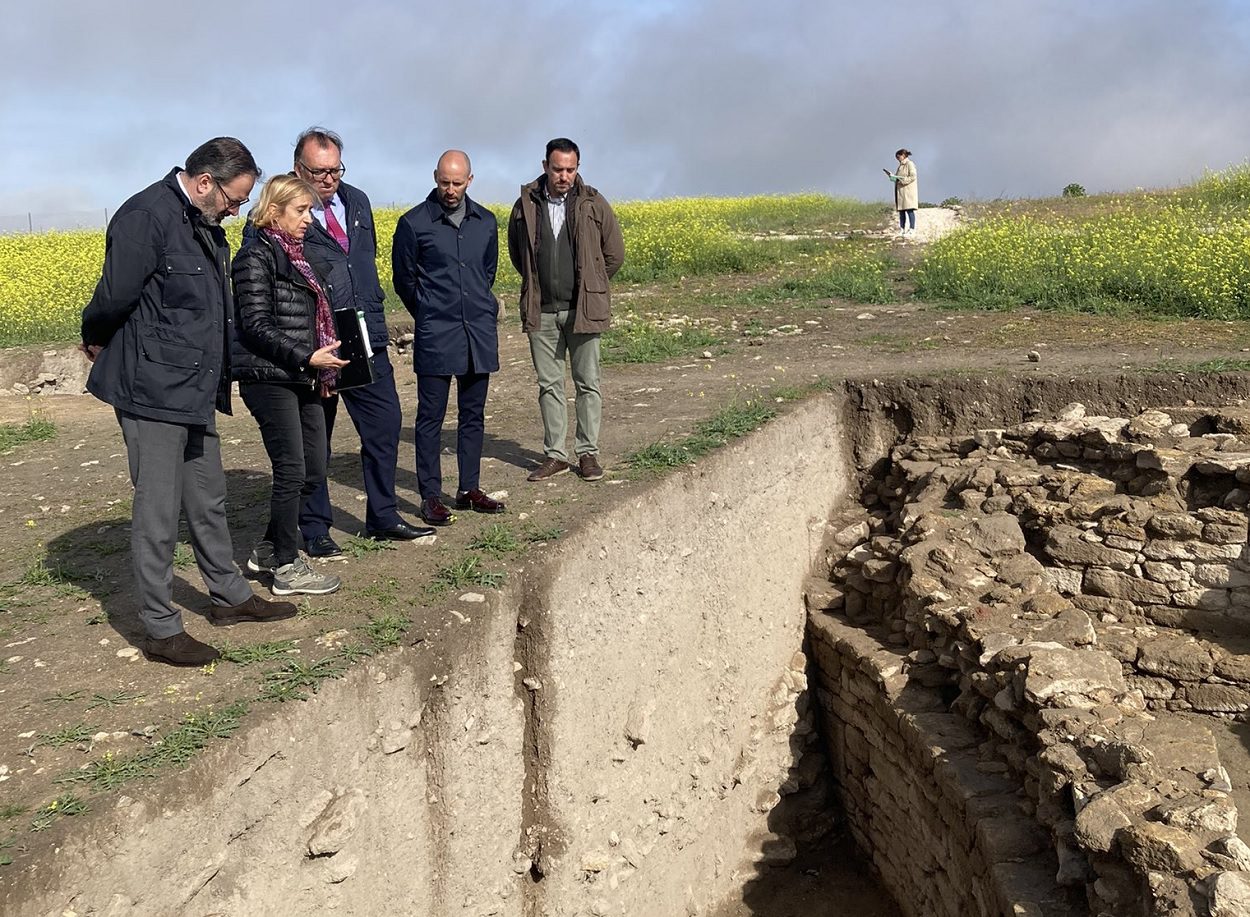Archaeologists have discovered a Roman amphitheatre during excavations at the Roman city of Ategua, located in the municipality of Cordoba, Spain.
Early occupation of Ategua dates from the Chalcolithic period, with the emergence of a major settlement around the 8th and 7th centuries BC, consisting of orthogonal-plan dwellings defended by an outer wall.
According to the De Bello Hispaniensi, a Latin work continuing Julius Caesar’s commentaries, the city inhabitants sided with Pompey during Caesar’s civil war in the late Republic Era, resulting in the city being besieged by the Caesarian army in 45 BC.
Most of the current morphology of Ategua is from the Roman period, including several domus abandoned during the 2nd century AD, a civil building, bathhouses, and burials on the hillside.
In an announcement by Arturo Bernal, the Minister of Tourism, Culture and Sport, recent excavations at Ategua have uncovered the remains of a Roman amphitheatre, the second amphitheatre to be discovered within the city precinct.
The amphitheatre measures only 44 metres in diameter, with a central arena of around 27 metres, making it one of the smallest amphitheatres ever found from the Roman world.
Preliminary dating suggests that the amphitheatre was constructed during the 1st century AD, but only remained in use for around two centuries until it was abandoned.
The Ategua complex was declared a National Monument in 1982 and an Asset of Cultural Interest as an Archaeological Zone in 2004, and is part of the network of cultural enclaves of the Junta de Andalucía.
Header Image Credit : Culture Junta de Andalucía





